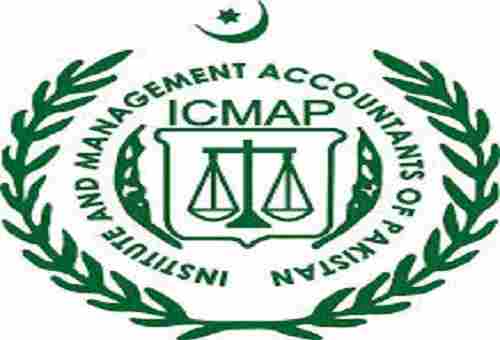Karachi, July 16, 2025 – The Institute of Cost and Management Accountants of Pakistan (ICMAP) has put forth a comprehensive proposal to the government, urging a significant increase in the climate support levy to Rs10 per liter over the next five years.
This strategic enhancement, as articulated by ICMAP, is deemed critical for equipping Pakistan to effectively combat climate change, attract vital green financing, and accelerate its shift towards a low-carbon economy.
In a detailed statement released on Wednesday, ICMAP emphasized the urgent need to strengthen and expand the recently introduced Climate Support Levy. They advocate for the adoption of global best practices in carbon pricing, asserting that such measures are indispensable for mitigating climate risks and fostering sustainable development within the country.
Scaling Up the Climate Support Levy: ICMAP’s Vision for Impact
Introduced through the Finance Act 2025–26 and effective from July 1, the Climate Support Levy currently imposes a charge of Rs2.50 per liter on key petroleum products, including petrol, diesel, and furnace oil. While ICMAP recognizes this as a commendable initial step, the Institute stresses the imperative for a clear, long-term pricing roadmap and a broader application across various sectors to maximize its environmental and economic impact. The fundamental objective of this levy is twofold: to discourage the consumption of fossil fuels and to generate dedicated revenue streams for renewable energy initiatives, green infrastructure development, and essential climate adaptation projects. Complementing this, the New Energy Vehicles (NEV) Adoption Levy, which places a small charge on conventional vehicles while exempting electric, hybrid, and hydrogen-powered models, is designed to further incentivize the transition to cleaner transportation.
Drawing upon these foundational elements, ICMAP recommends a series of targeted reforms aimed at bolstering the effectiveness of Pakistan’s Climate Support Levy. These recommendations include the implementation of a phased pricing plan, gradually escalating the levy to Rs. 10 per liter by 2030. Furthermore, ICMAP advises extending the levy’s coverage to encompass high-emitting sectors such as industry and power. A crucial aspect of their proposal is allowing businesses to partially offset their levy liabilities through investments in verified domestic carbon reduction projects, fostering a more collaborative approach to emission reduction.
International Best Practices and the Pakistan Carbon Exchange
Citing successful international models, ICMAP highlights the phased carbon tax approach adopted by Singapore, Sweden’s high-rate carbon pricing strategy, and innovative frameworks from Chile and Malaysia. These global examples demonstrate how both developed and developing economies are effectively utilizing carbon pricing tools—ranging from direct taxes to voluntary carbon markets—to significantly reduce emissions and finance sustainable growth.
To operationalize such a robust system within Pakistan, ICMAP proposes the establishment of a Pakistan Carbon Exchange. This transparent platform, envisioned to facilitate the trading of carbon credits, would be modeled on successful ventures like Malaysia’s voluntary carbon market. The Institute further advises that vulnerable sectors, particularly exporters and energy-intensive industries, receive transitional support to maintain their competitiveness and prevent the phenomenon of carbon leakage. Additionally, ICMAP advocates for the promotion of nature-based solutions, such as reforestation, wetland restoration, and soil carbon programs, recognizing their potential to deliver both significant environmental and socio-economic benefits.
Crucially, ICMAP emphasizes that revenues generated from the levy must be transparently reinvested in clean energy projects, low-emission transport systems, and targeted social protection measures. This transparent allocation of funds is vital for building public trust and ensuring a just and inclusive transition for all segments of society. With sound design and strong implementation, the Climate Support Levy has the potential to become a central pillar of Pakistan’s green development agenda. ICMAP reaffirms its unwavering commitment to supporting the government with its technical expertise in fiscal policy, cost accounting, and climate finance, envisioning a well-structured levy that, when aligned with international best practices, can help reduce emissions, attract sustainable investment, improve trade competitiveness, and strengthen climate resilience across the country.
